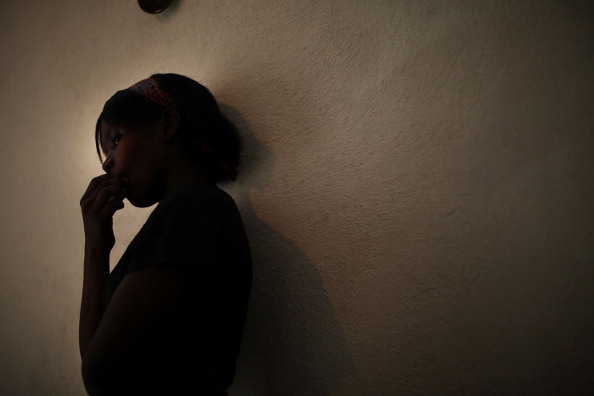UK watchdog tells police and prosecutors to stop collecting excessive data on rape victims

The UK data watchdog has called on the criminal justice sector to immediately stop collecting excessive amounts of personal information from victims of rape and serious sexual assault cases.
The Information Commissioner’s Office (ICO) said police must stop requiring rape and serious sexual offence victims to sign forms, which give officers general consent to obtain often highly sensitive third-party materials, including medical, education and counselling records.
Speaking with The Telegraph, UK Information Commissioner John Edwards said he would take enforcement action against officers to end “digital strip searches” of victims.
The commissioner gave the example of police using a forged parental letter written by a rape victim ten years before their assault as an example of the levels of intrusion taken by some forces. The victim was challenged by the officers on this note as evidence for the case.
Last summer, the government-commissioned Rape Review said that the digital material requested from victims should be strictly limited to what was necessary and proportionate.
“The Review has heard victims’ experience of feeling digitally ‘strip searched’ and many have been left without phones for months, leaving them without vital support at a time of immense trauma,” it said.
While handing over phones is voluntary, it is understood that some victims are told the case will be closed if they do not comply.
Commenting on the report, Edwards said: “Our investigation reveals an upsetting picture of how victims of rape and serious sexual assault feel treated. Victims are being treated as suspects, and people feel revictimised by a system they expect to support them”.
He added that change is required to “rebuild trust” with victims, which is often reflected in the low charge and conviction rates.
Figures last year revealed that the proportion of rape complainants dropping out of cases had risen from 25 per cent to 43 per cent over a five-year period to December 2020.
The National Police Chiefs’ Council has stated that it has started to improve the police forces’ response to rape victims.